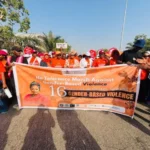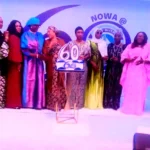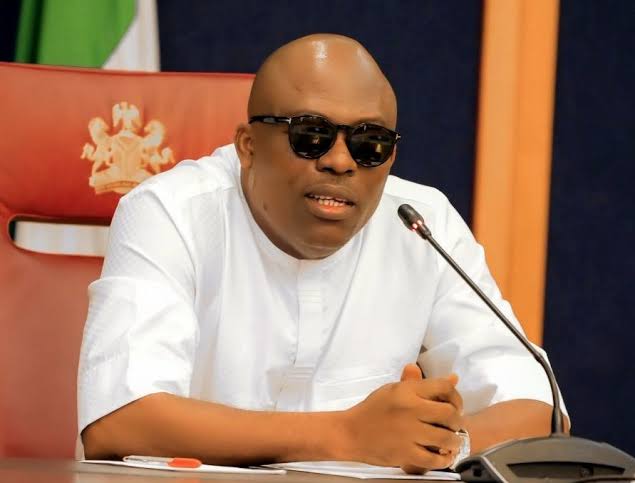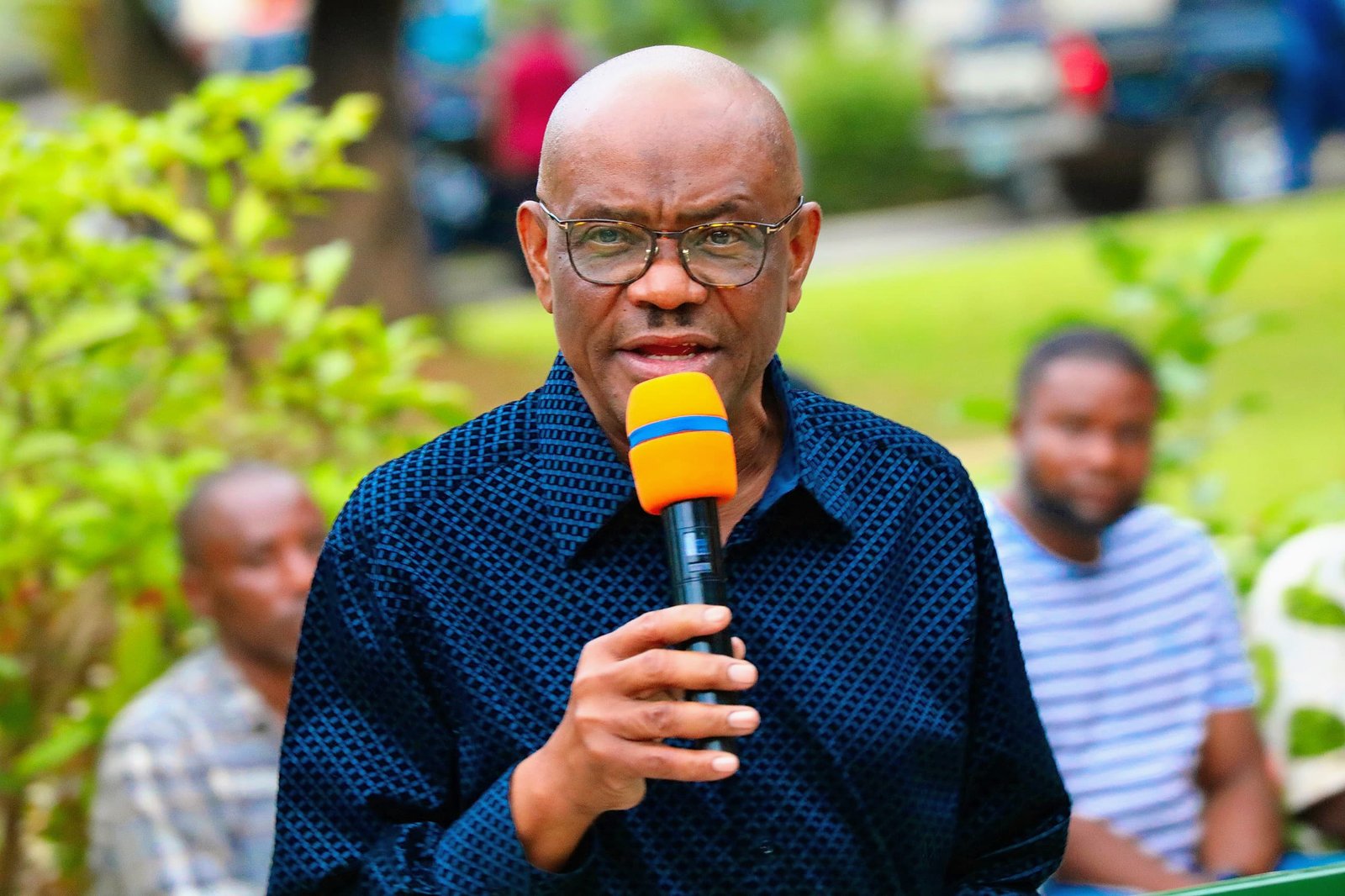Fubara, lawmakers’ position vindicates Tinubu’s emergency rule in Rivers-TMSG
By Emmanuel Oloniruha The Tinubu Media Support Group (TMSG), says the new found harmony between Gov. Siminalayi Fubara and members of Rivers House of Assembly has vindicated Mr President for timely proclamation of emergency rule in Rivers. The group made the observation in a statement signed by its Chairman, MrContinue Reading

















